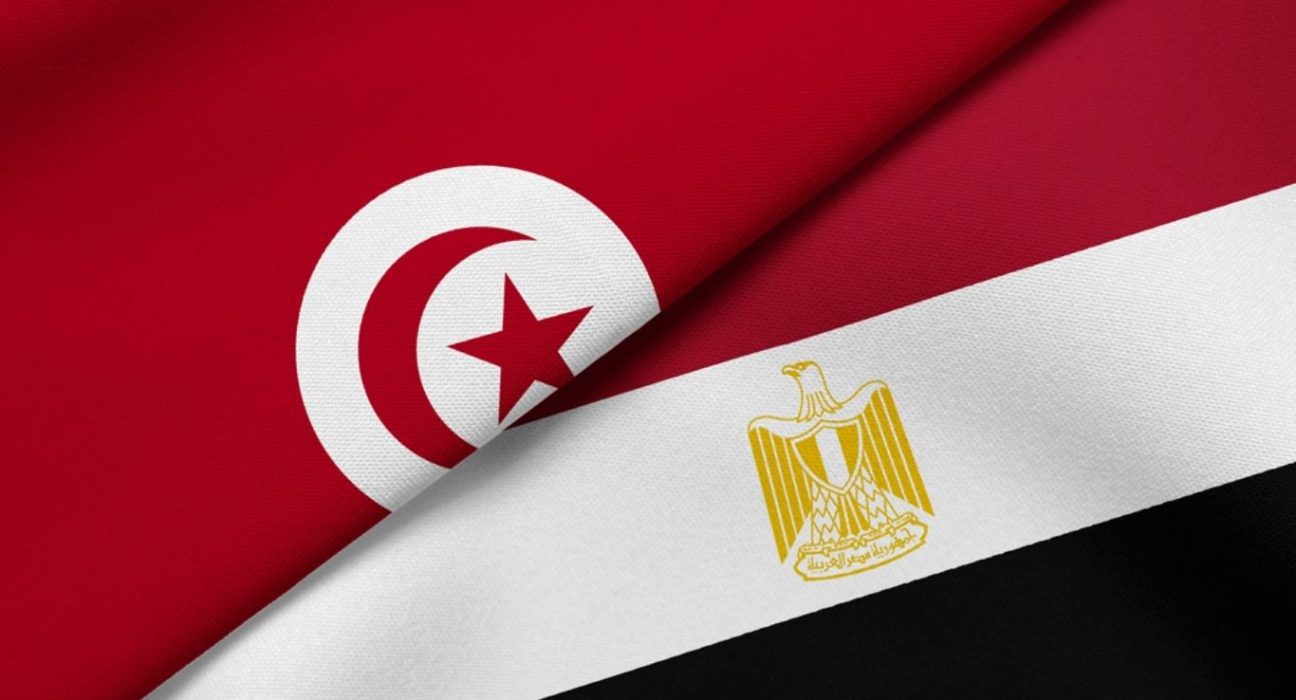Tunisia is widely regarded as the only success story of the Arab Spring, a wave of popular uprisings that swept across the Middle East and North Africa in 2011. However, the country has not been able to translate its democratic transition into economic prosperity. Tunisia has been suffering from low growth, high unemployment, rising inflation, and widening fiscal and current account deficits. The COVID-19 pandemic has exacerbated these challenges, as the country faced a severe health crisis and a sharp contraction of its tourism-dependent economy.
Tunisia’s public debt has reached about 90% of GDP in 2022, up from 41% in 2010. The country relies heavily on external financing to cover its budget and trade deficits, but its foreign exchange reserves have dwindled to less than two months of import cover. Tunisia faces a large external debt repayment schedule in the coming months, with about 1.5 billion euros due in October 2022 and February 2023.
To avoid a default or a balance of payments crisis, Tunisia needs urgent financial support from the International Monetary Fund (IMF) and other international partners. However, the negotiations for a new IMF program have stalled due to political disagreements and social resistance. President Kais Saied, who assumed sweeping powers in July 2021 after dismissing the prime minister and suspending parliament, has rejected the IMF’s demands for structural reforms, such as cutting subsidies and public wages, and increasing taxes. He has argued that these measures would hurt the poor and fuel more social unrest.
The IMF, on the other hand, has insisted that Tunisia needs to implement fiscal consolidation and structural reforms to restore macroeconomic stability and boost growth potential. The IMF has also urged Tunisia to improve its governance and transparency, as corruption and mismanagement have eroded public trust and confidence in the state institutions.
The standoff between Tunisia and the IMF has raised doubts about the country’s ability to secure sufficient external financing and avoid a debt crisis. Some analysts have suggested that Tunisia could seek alternative sources of funding from its regional allies, such as Qatar or Turkey, or resort to unconventional monetary policies, such as printing money or imposing capital controls. However, these options could entail significant economic and political costs and risks.
Egypt’s debt burden and currency woes
Egypt is another North African country that is facing a mounting debt burden and currency woes. Egypt has been struggling with economic challenges since the 2011 revolution that toppled former president Hosni Mubarak. The country has experienced political instability, security threats, social unrest, and low growth. The COVID-19 pandemic has added more pressure on Egypt’s economy, especially its vital tourism sector.
Egypt’s public debt has reached about 100% of GDP in 2022, up from 73% in 2010. The country has a large external debt stock of about $130 billion, equivalent to 40% of GDP. About half of this debt is denominated in foreign currencies, mainly US dollars, euros, and Japanese yen. This exposes Egypt to exchange rate risk, as any depreciation of its currency increases the cost of servicing its debt.
Egypt has devalued its currency three times since 2020, by a total of 50%, in an attempt to boost its exports and attract foreign investment. However, this strategy has also fueled inflation, which reached 15% in April 2022. The currency depreciation has also eroded the purchasing power of Egyptians, especially those who rely on imported goods or remittances from abroad.
Egypt secured a $3 billion IMF loan in December 2021 to cope with the economic fallout of the pandemic. The IMF praised Egypt for implementing fiscal consolidation and structural reforms under its previous programs since 2016. However, the IMF also warned that Egypt faces significant challenges and risks ahead, such as maintaining fiscal discipline, enhancing social protection, improving governance and transparency, diversifying its economy, creating jobs, and reducing poverty.










